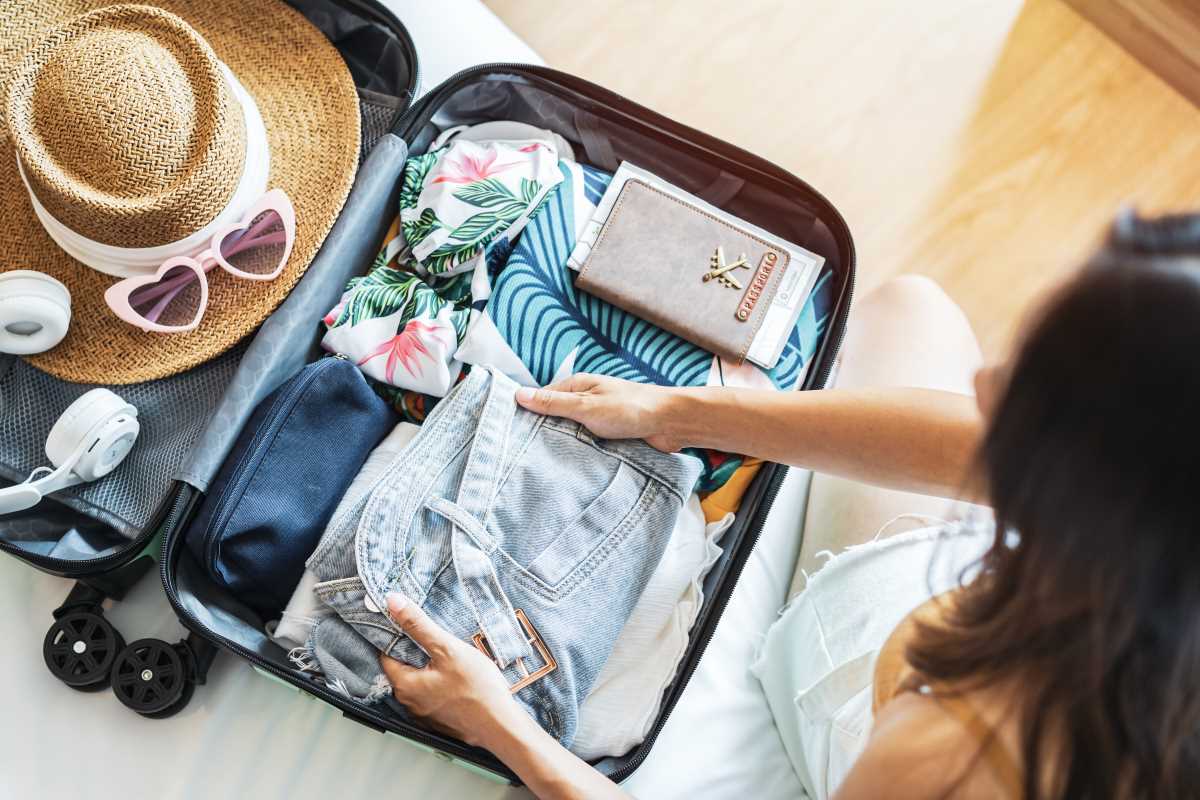Planning a vacation can be an exciting adventure, but it’s important to be mindful of your expenses to avoid overspending and financial stress. A well-planned trip doesn’t have to come with an inflated price tag, and by implementing some effective strategies, you can enjoy a fantastic vacation without breaking the bank. Here’s how to plan your vacation wisely and avoid overpaying on travel expenses.
Budgeting Wisely
The first step to a cost-effective vacation is setting a clear budget before your trip. Without a budget, it’s easy to lose track of spending and be surprised by how quickly the costs add up. Start by researching your destination to get an idea of typical prices for accommodation, meals, transportation, and activities. Websites, travel blogs, and forums can give you a good estimate of how much you should plan to spend in each category. Once you have an estimate, allocate specific amounts to each category—hotel stays, dining, entertainment, and transportation—so that you can ensure you stay within your financial limits.
It’s helpful to categorize expenses into "must-have" and "optional." For instance, accommodation and flights are must-haves, while souvenirs and luxury dinners might fall into the optional category. Prioritizing essential expenses allows flexibility in your budget if you end up wanting to splurge on something special during your trip. According to Forbes, the average vacation for a family of four costs around $4,580, so it's important to have a realistic idea of your spending limits.
Booking Accommodation
Accommodation is often one of the largest vacation expenses, but there are ways to reduce this cost. Consider booking directly through a hotel's website or by calling them directly. Often, hotels offer special discounts or perks—like free breakfast or room upgrades—that third-party booking sites don’t provide. Also, look out for package deals that combine accommodation with flights, meals, or activities, which can sometimes offer a better deal than booking everything separately.
If you’re open to alternative options, consider vacation rental platforms like Airbnb or Vrbo, where you can often find more affordable stays, especially for longer trips. Hostels, guesthouses, or boutique hotels are also worth considering if you want to save more on accommodation without sacrificing quality.
Eating on a Budget
Dining out can be a significant drain on your vacation budget, especially in popular tourist destinations where prices tend to be inflated. One way to cut down on food costs is to opt for local eateries, street food vendors, or casual restaurants where you can enjoy authentic cuisine at a fraction of the cost. In many countries, street food offers some of the best and most affordable meals.
Another strategy is to book accommodations with a kitchenette or communal kitchen, especially if you’re traveling for an extended period. Preparing your own meals can save a lot of money, and it also allows you to shop at local markets, giving you a taste of local life while keeping your expenses low. You don’t have to cook every meal, but even having breakfast or a few simple dinners at your accommodation can make a significant difference in your overall costs.
Transportation Savings
Getting around in your destination can be another area where costs add up if you’re not careful. Avoid taxis and private car services unless absolutely necessary, as they tend to be the most expensive transportation options. Instead, research the public transportation system in the city you’re visiting. Many cities offer affordable, efficient bus, tram, or metro systems, and some even have tourist passes that allow unlimited rides for a set number of days.
Walking is another excellent and cost-free way to explore, allowing you to experience more of the local culture and discover hidden gems. Alternatively, renting a bicycle can be an economical and eco-friendly way to get around, especially in destinations with bike-friendly infrastructure.
Avoiding Tourist Traps
Tourist-heavy areas are notorious for inflated prices, and it’s easy to fall into the trap of spending more than you should on meals, souvenirs, and activities. To avoid overpaying, venture off the beaten path. Locals can often recommend authentic and less expensive experiences, including dining options and attractions that aren’t geared toward tourists. A little research before you go, or asking for advice once you arrive, can help you find these hidden gems.
Shopping Smart
It’s easy to overspend on souvenirs and gifts, but shopping smart can help you avoid this pitfall. Set a shopping budget before you go, and try to stick to it. Visit local markets or independent shops for unique finds at better prices than in touristy areas. Many cultures encourage bargaining, so if it's appropriate in the place you’re visiting, don’t be afraid to negotiate prices to get a better deal.
By implementing these strategies, you can enjoy a memorable vacation without financial stress. Planning ahead, budgeting wisely, and being mindful of your spending can help you prevent overpaying on vacation expenses. Whether it's booking accommodation directly, eating locally, or using public transportation, there are numerous ways to stretch your travel budget while still having a fantastic trip.
 (Image via
(Image via





